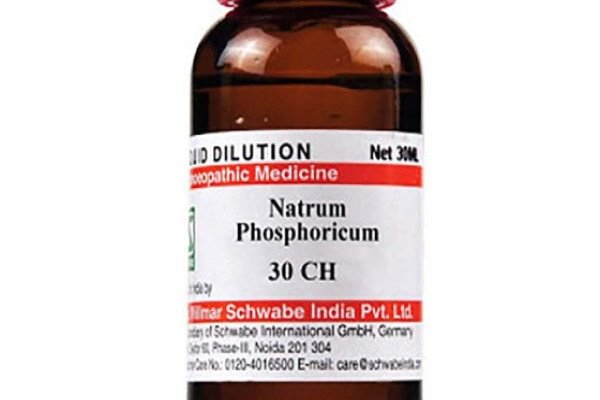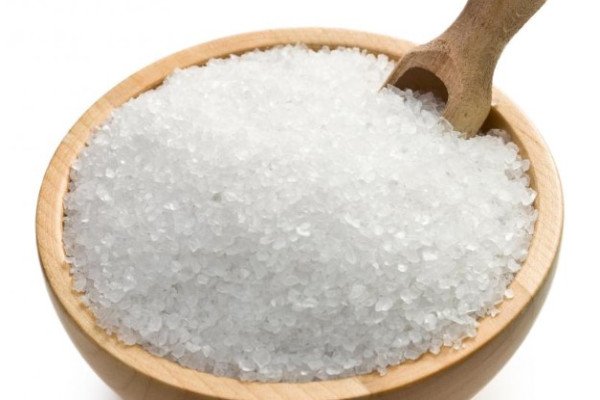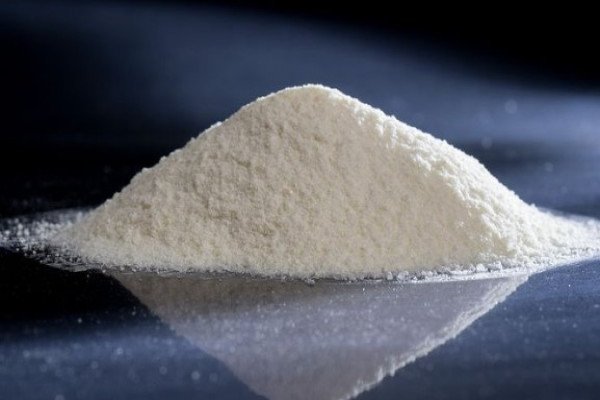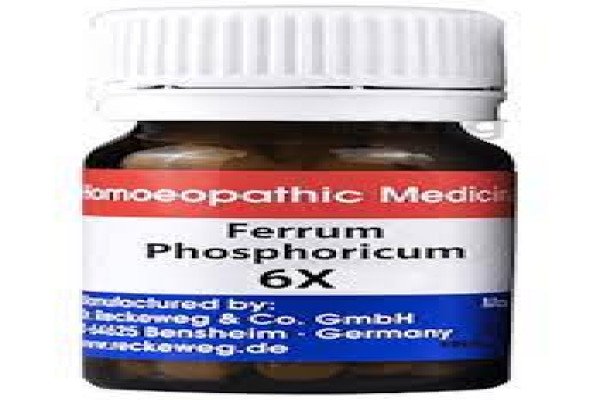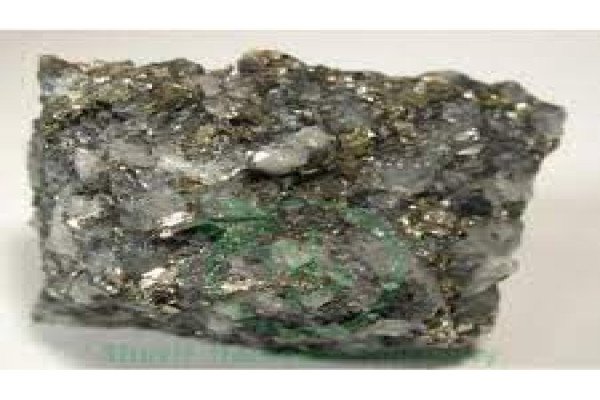 Welcome
Welcome
“May all be happy, may all be healed, may all be at peace and may no one ever suffer."
Cholera - Homeopathic remedies
Cholera is a bacterial infection caused by the bacterium Vibrio cholerae, which is transmitted through contaminated water or food. Cholera is a significant public health problem in many developing countries, particularly in areas with poor sanitation and limited access to clean water.
Symptoms of cholera can range from mild to severe and may include diarrhea, vomiting, dehydration, and cramping. In severe cases, cholera can cause rapid dehydration and electrolyte imbalances, which can lead to shock and even death if left untreated.
The treatment for cholera typically involves rehydration therapy, which involves replacing fluids and electrolytes lost through diarrhea and vomiting. Oral rehydration solutions, which contain a mixture of water, salts, and sugars, are often used to treat mild to moderate cases of cholera. In severe cases, intravenous fluids may be necessary to restore hydration levels.
Prevention of cholera primarily involves improving sanitation and access to clean water. Other measures may include practicing good hygiene, such as washing hands frequently with soap and water, avoiding raw or undercooked seafood, and boiling or treating water before drinking or using for cooking.
Vaccines for cholera are available and may be recommended for travelers to high-risk areas or for individuals at increased risk of exposure to the bacteria. If you suspect you may have cholera, it is important to seek medical attention immediately to receive proper treatment and prevent the spread of the disease.
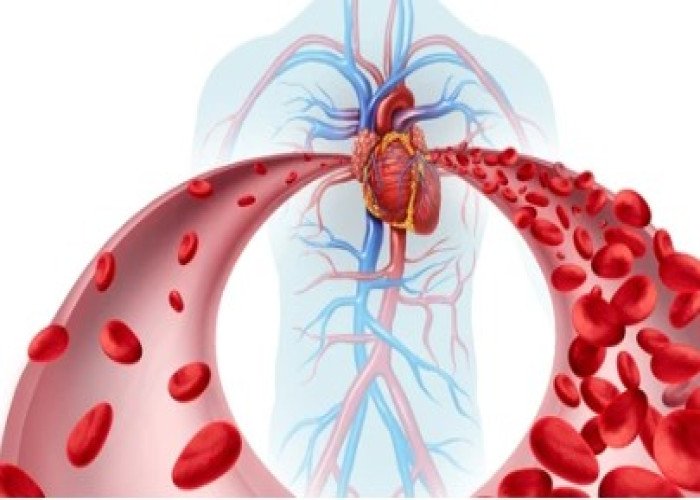
Anemia

Hey fever

Skin disease
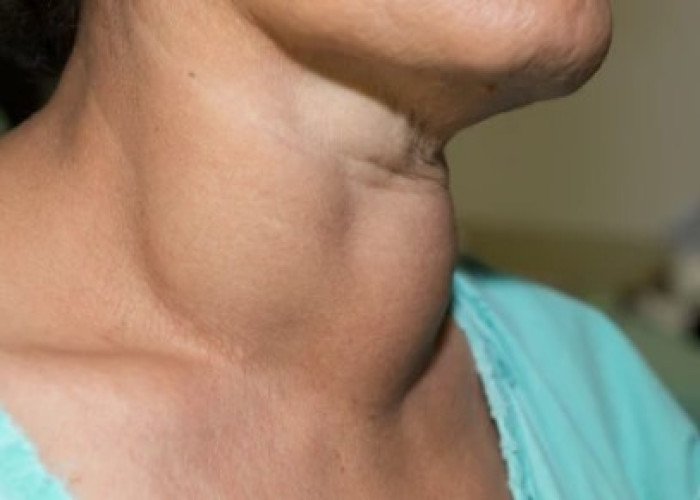
Goitre

Hysteria

Dream of fear

Infertility

Hernia
Cholera, কলেরা
To be happy, beautiful, healthy, wealthy, hale and long-lived stay with DM3S.


